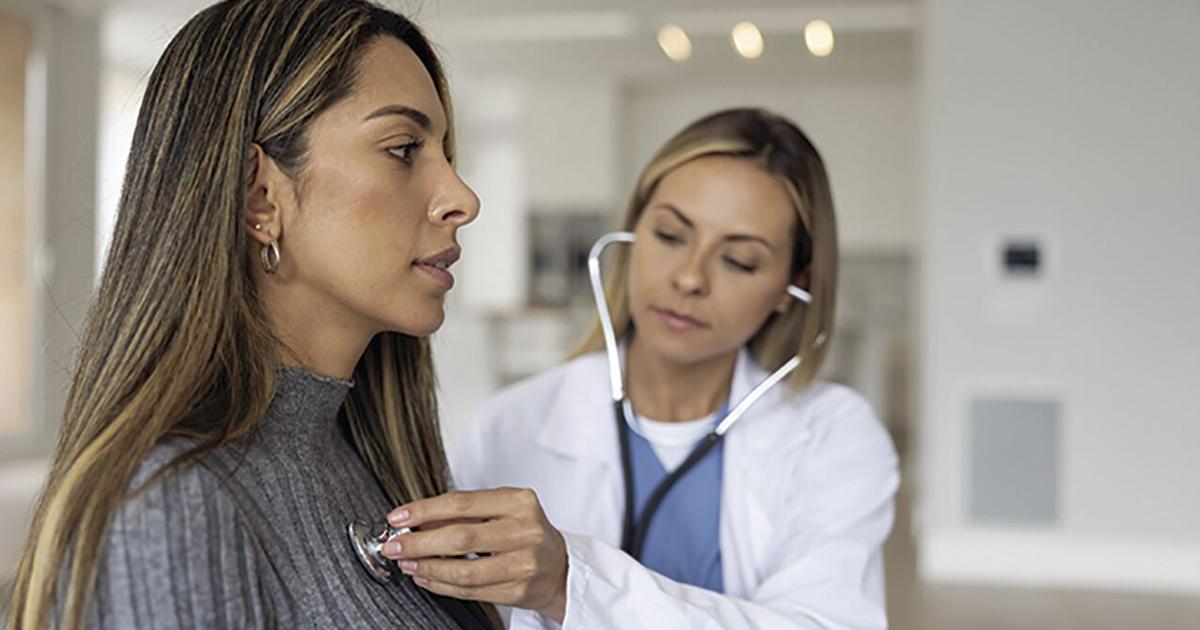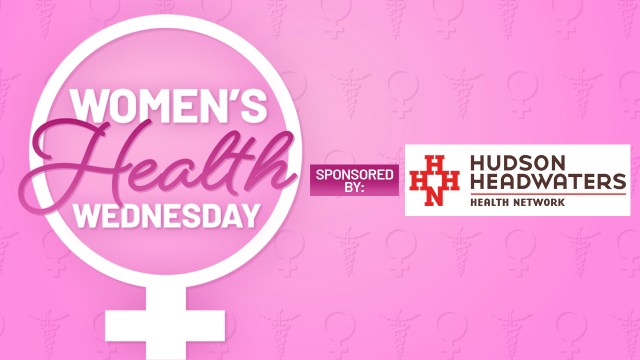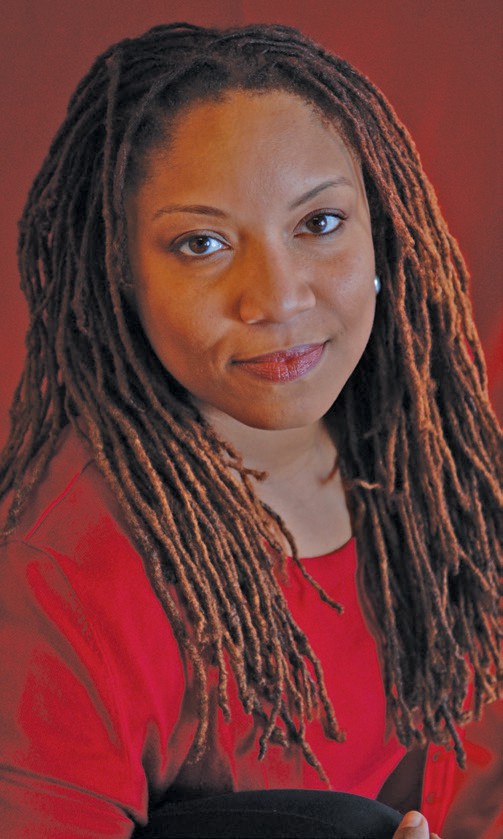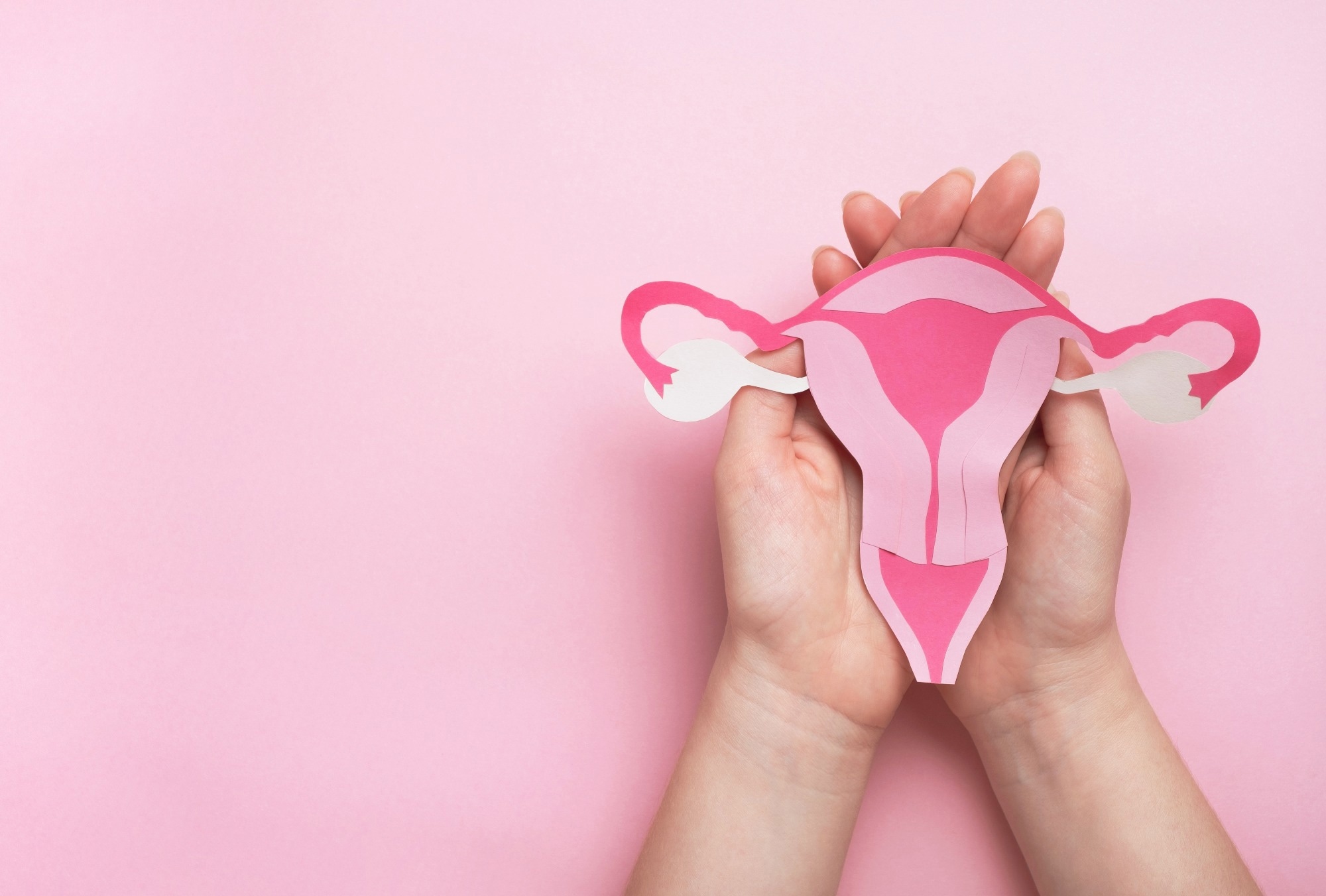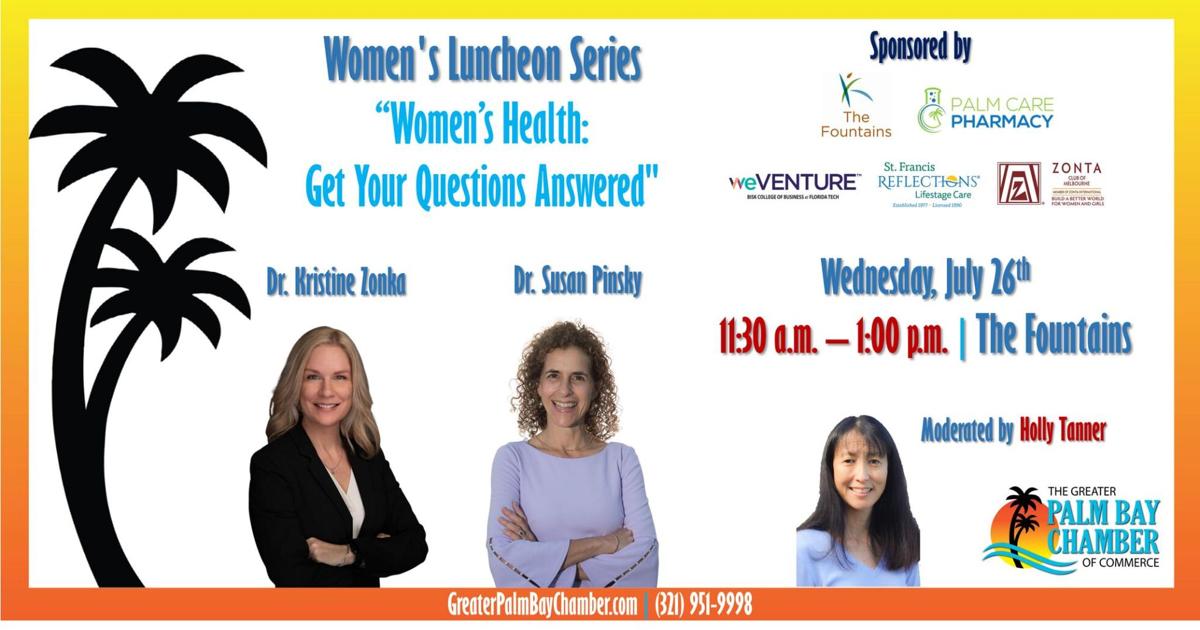BY Allison Marlow
Special to Gulf Coast Media
FAIRHOPE — When word spread that Supreme Court justices were considering overturning Roe v. Wade, Mette McCall was stunned.
“I was really thinking what I was going to say 20 years from now when my kids ask, ‘What did you do?'” she said.
Now a year later, McCall is part of a group trying to help women across the South find solace and answers in a world where the questions are much more far-reaching and complicated than the legality of abortion.
FemmSouth was created in 2017 as a book club. Now the nearly 400-strong organization has built a community that hosts events and guides women and families through an ever-changing landscape.
One of their most public appearances came in the hours after that initial ruling as they gathered, young and Teens joined the ranks who told organizers their families would be disappointed. Supporters came over from Mobile County and cities around Baldwin County. Others reached out behind the scenes; fearful they would lose their jobs if they spoke up.
“We had so many people come to us and say, “I feel this [ruling] is so wrong … can I be part of what you’re doing? That was really powerful,” McCall said.
But those organizing the visible response to the change said they knew protesting alone doesn’t change the world. Knowledge and action, however, does. They also knew feelings of silence and suppression are more than feelings. They are mechanisms of control.
“We started trying to network in the community to see how it’s being talked about,” said Lindsay Windham, now a FemmSouth podcast host. “Protests are one thing, but the next level is how the community reacts.”
When the shock of the ruling subsided and Alabama’s trigger ban went into effect, outlawing all abortions with no exceptions for rape or incest, Windham said the impacts started to become clear.
“Women were being denied care for miscarriages. Doctors were confused. It was very confusing and very scary,” she said.
So, they began talking about it more in those podcast sessions.
Windham said the podcast is also an opportunity to correct overarching stereotypes.
“There was a lot of misrepresentation of people in the South, and I was a bit tired of seeing that,” Windham said. “The podcast is a great way to give perspective of what women are like in the South.”
While the Roe v. Wade ruling was the catalyst, neither the book club nor the podcast focus squarely on abortion. Rather, much of the discussion is about the broader impacts of that ruling.
“We wanted to expand the conversation beyond ‘can I access an abortion,'” said Leigh Bancroft, FemmSouth founder and podcast host.
The topics have touched on infant mortality, teen pregnancy, sex education, contraception, domestic abuse, the economic impact on poverty-stricken families and caregiver grandparents of young children.
“There are all these different angles and issues,” Bancroft said. “The ruling impacts more than just whether there is a clinic that is accessible.”
The women said they have made bringing community experts into the conversation a cornerstone of their podcasts.
“It is important that we bring guests into the studio who are real life experts so it is not just us agreeing with ourselves,” Bancroft said.
Windham said they hope that women from all political backgrounds will tune in.
“Even if they don’t agree, we want them to go in with an open mind and listen to what we have to say. Listen to the stories. We really feel this has been a one-sided issue, and we want to counter that narrative,” she said.
And for those who feel lost, Windham said they hope the community they build can be a measure of support and a call to action.
“We want people to leave each episode,” she said, “with a glimmer of hope.”
